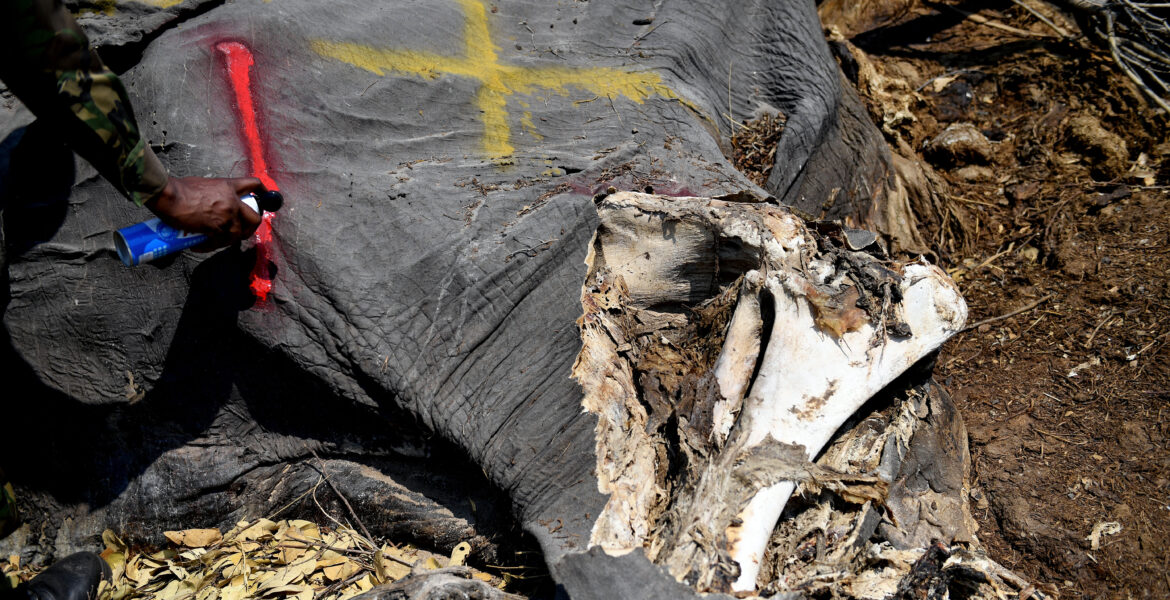- DCEC asked to investigate poaching-related incidents by gatekeeper organisations
- Report points a finger at military and intelligence officials for possibly conniving with poachers
- Underscores how the poaching and trafficking are done by an international network
of organised criminal gangs
TEFO PHEAGE
An Environmental Investigation Agency (EIA) report on Botswana rhinos has called the country’s intelligence community to up their game in the fight against poaching, The Botswana Gazette has established.
The report advises intelligence agencies to prioritise implementation of intelligence-led investigations into the organised criminal groups involved in the poaching and trafficking of Botswana’s rhinos and elephants.
Transit countries and consumer countries
“Such investigations should be conducted jointly with other rhino range states, transit countries and consumer countries to share information and expertise in order to improve chances for success and maximum impact,” says the released recently report.
It recommends that the Directorate on Corruption and Economic Crimes should be tasked to investigate allegations of corruption that have been made against government agencies responsible for conducting anti-poaching and anti-wildlife trafficking operations and investigations and take any action deemed appropriate to eliminate any elements of corruption that may be uncovered.
The results of such an investigation, the report adds, should be made available to the public.
“Several of the government agencies tasked with implementing anti-poaching activities and conducting law enforcement investigations into the wildlife trafficking networks involved in the poaching and illegal trade in Botswana’s wildlife have faced allegations of corruption, including reports of a suspicion that military and intelligence officials are conniving with (the poachers),” the report states.
Another recommendation made in the report is that the Department of Wildlife and National Parks should institute quarterly updates on the status of rhinos in Botswana.
Regular updates
“Such updates should include, at a minimum, population estimates, poaching data, major conservation management activities (e.g. dehorning, translocations, etc.), and information on law enforcement interventions (e.g. prosecutions, convictions, seizures, etc.),” says the report.
“These updates should be provided in person by the Director of the DWNP and be open to media to provide opportunities for follow-up questions and to maximise transparency.”

